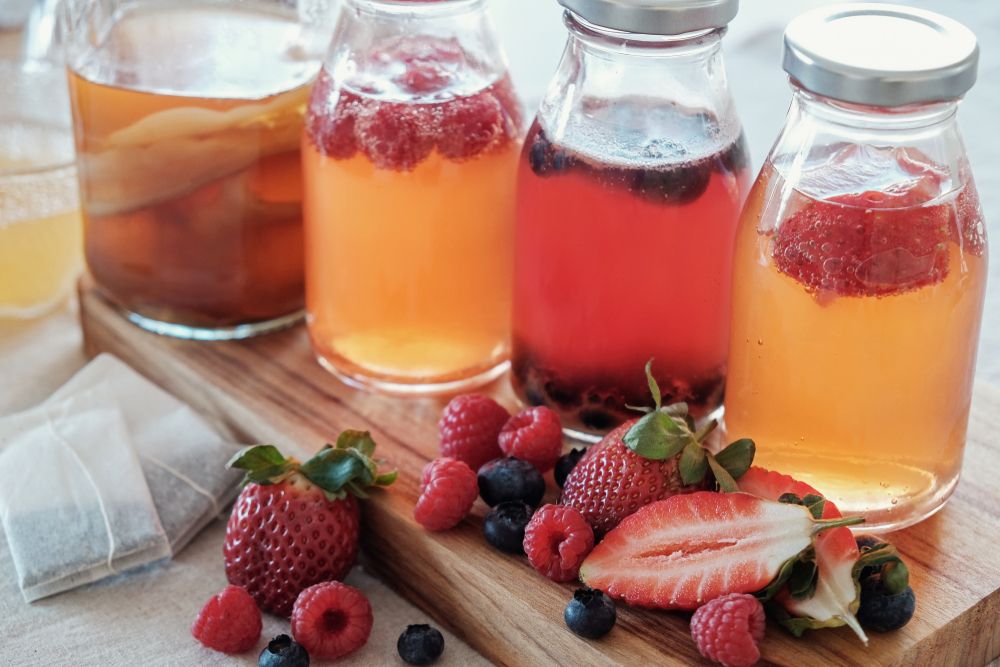
Everyone seems to be on a mission to improve their gut health and nurture their gut microbiota—and for good reason. The gut microbiota, a bustling community of bacteria and other microbes in your digestive system, plays a vital role in digestion, immune function, and even brain health. A well-balanced gut thrives on diversity, regular digestion, minimal bloating, and consistent energy levels.
But here's the catch: some foods marketed as “healthy” might actually be doing more harm than good. Hidden sugars, artificial additives, and other sneaky ingredients can disrupt your microbiota and throw off your digestion. In this article, we’ll uncover ten seemingly healthy foods that could be sabotaging your gut health and suggest smarter alternatives to keep your gut—and your body—feeling its best.
For more tips on what to add to your routine, don’t miss 10 Best Probiotic Supplements for Gut Health, According to a Dietitian.
High-Sugar Yogurts
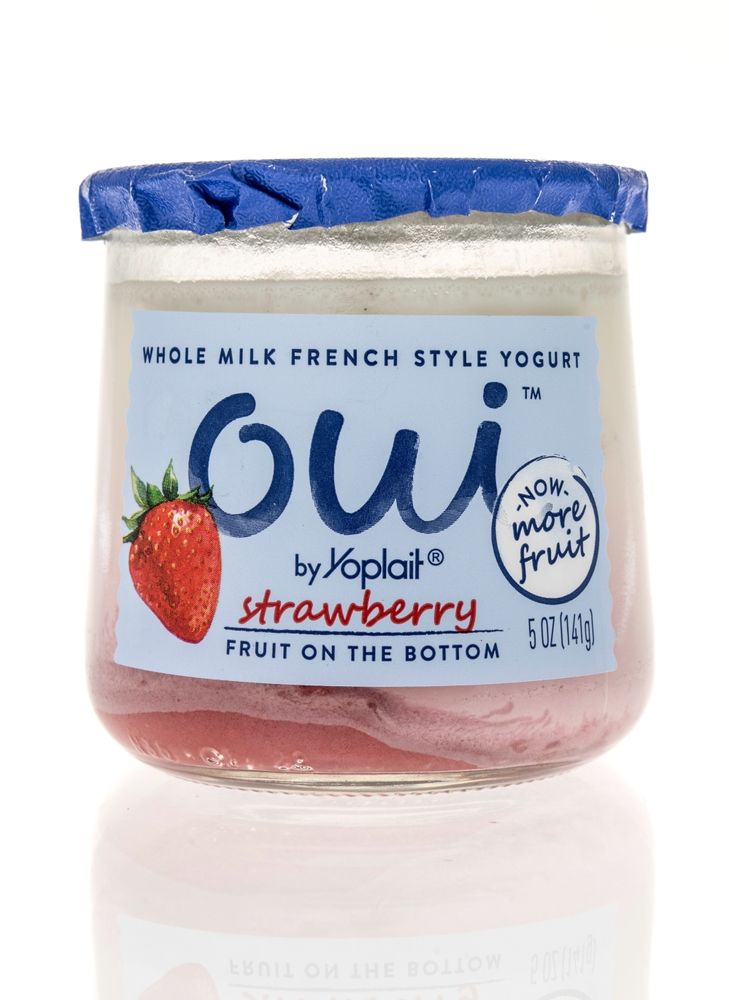
Yogurt is often celebrated as a protein-packed, probiotic-rich food that supports gut health and immunity. Research suggests that yogurt can positively influence the gut microbiota, strengthen the intestinal barrier, and support immune cells in the gut.
However, many flavored yogurts come with a hidden downside: added sugars. Studies show that excessive sugar intake can reduce the diversity of your gut microbiota and trigger inflammation, undermining the very benefits yogurt is meant to provide.
To make a healthier choice, opt for plain Greek yogurt and add fresh fruit for natural sweetness. If plain yogurt feels like too much of a leap, try mixing half flavored yogurt with half plain yogurt. This way, you can still enjoy the benefits of yogurt while significantly cutting back on sugar.
Artificially Sweetened Diet Drinks
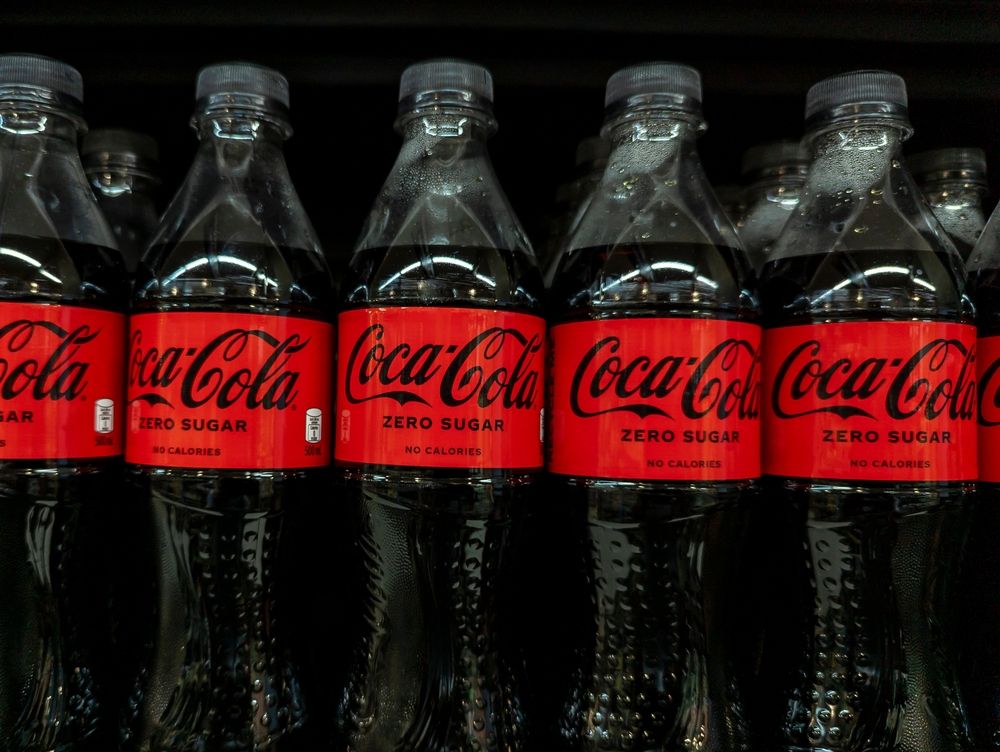
Diet sodas and other sugar-free drinks often rely on artificial sweeteners like aspartame and sucralose. Emerging research suggests these sweeteners may negatively impact your gut microbiota by reducing microbial diversity, which can potentially disrupt metabolism and overall gut health.
If you’re a fan of fizzy drinks, try swapping diet soda for sparkling water with a splash of fruit juice. This simple switch offers a refreshing, gut-friendly alternative without the artificial sweeteners.
High-Sugar Kombucha
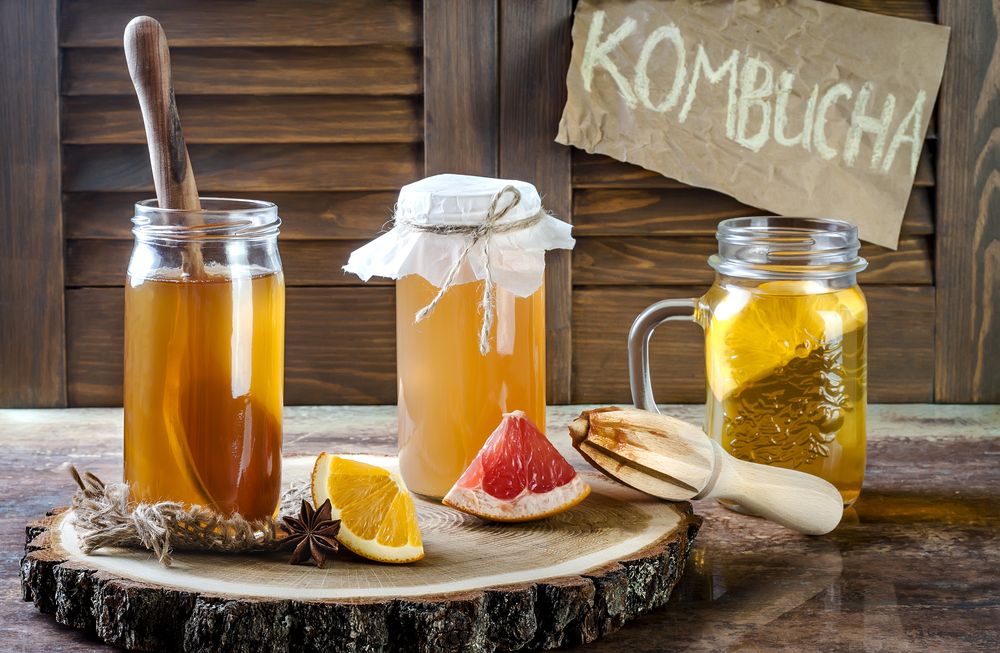
Kombucha is often celebrated for its probiotic benefits, but many store-bought options are packed with added sugar, which can undermine its gut-friendly reputation. Excess sugar can feed harmful bacteria in your gut, offsetting the positive effects of this fermented tea.
For perspective, the Dietary Guidelines for Americans recommend keeping added sugar intake below 10% of daily calories—roughly 12 teaspoons per day. To make a smarter choice, look for kombucha brands with less than five grams of sugar per serving, or try brewing your own at home for a healthier, more customized option!
Pasteurized Fermented Foods
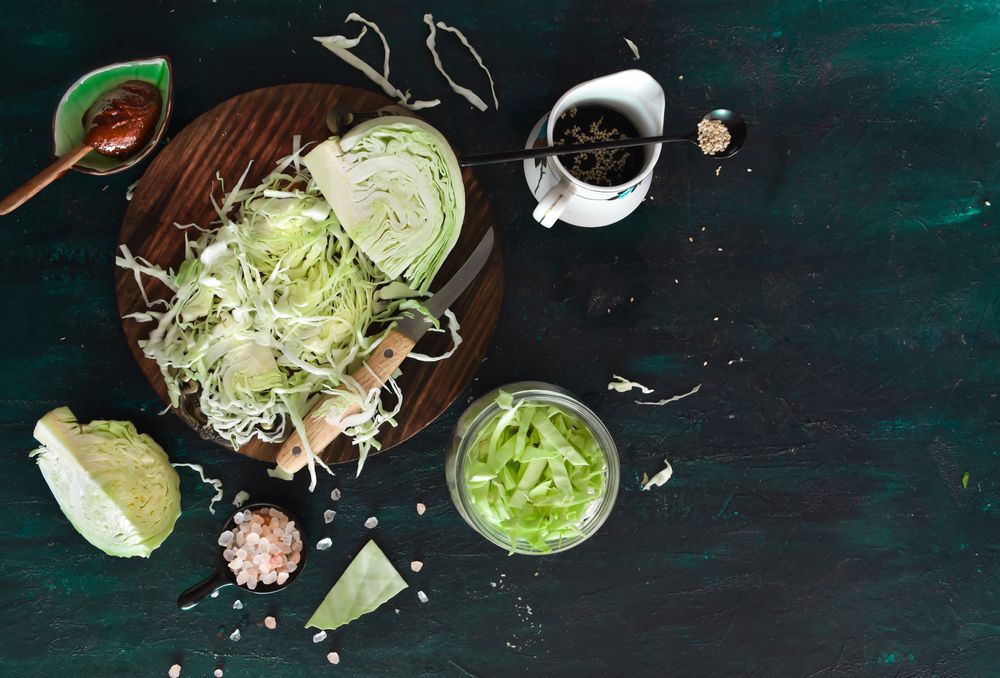
Fermented foods like sauerkraut, pickles, and kimchi are excellent for gut health, but pasteurization can eliminate the live bacteria that provide their probiotic benefits. Without these live cultures, the gut-balancing effects may be reduced. However, research suggests that even pasteurized fermented foods can contain beneficial microbial byproducts, offering some health advantages.
For maximum benefits, look for raw, unpasteurized versions of your favorite fermented foods, typically found in the refrigerated section of grocery stores. Brands like Bubbie's Fine Foods and Flanagan Farm offer naturally fermented pickles and sauerkraut that deliver a tangy, probiotic-rich boost to any meal.
Gluten-Free Packaged Foods
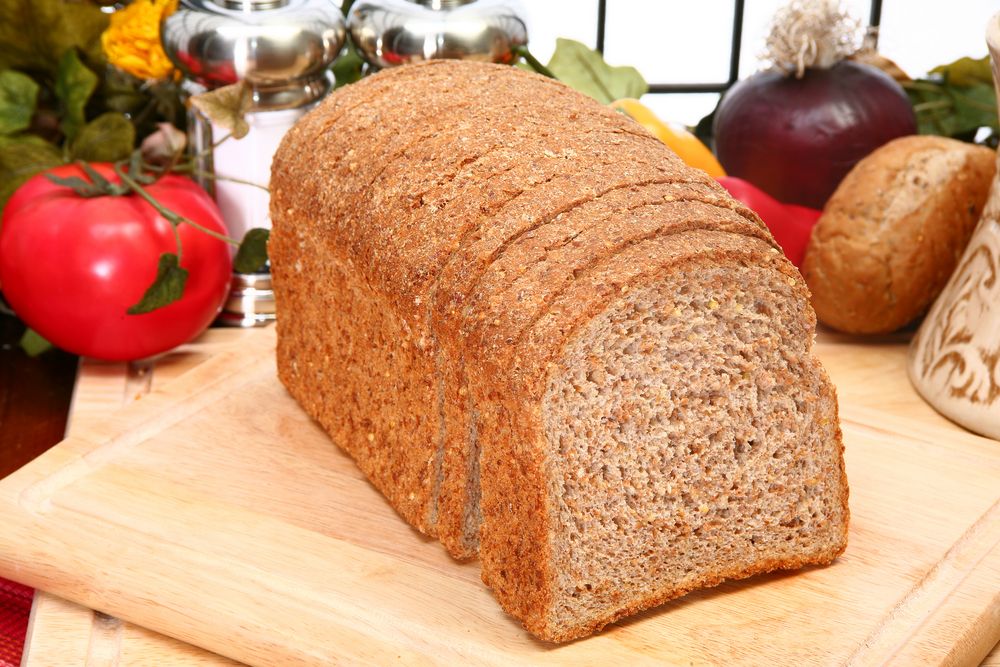
While gluten-free diets are essential for people with celiac disease and can be helpful for those with sensitivities, many gluten-free products are packed with additives like refined starches and emulsifiers. Research, including test-tube studies, suggests that emulsifiers in processed foods can damage the gut lining and trigger inflammation. Additionally, many gluten-free options are low in fiber, which is a key fuel source for beneficial gut microbes.
To support your gut health, focus on naturally gluten-free whole foods like quinoa, brown rice, and sweet potatoes. If you need a gluten-free packaged option, be sure to read the ingredient list and steer clear of products containing added emulsifiers like carrageenan.
Protein Bars
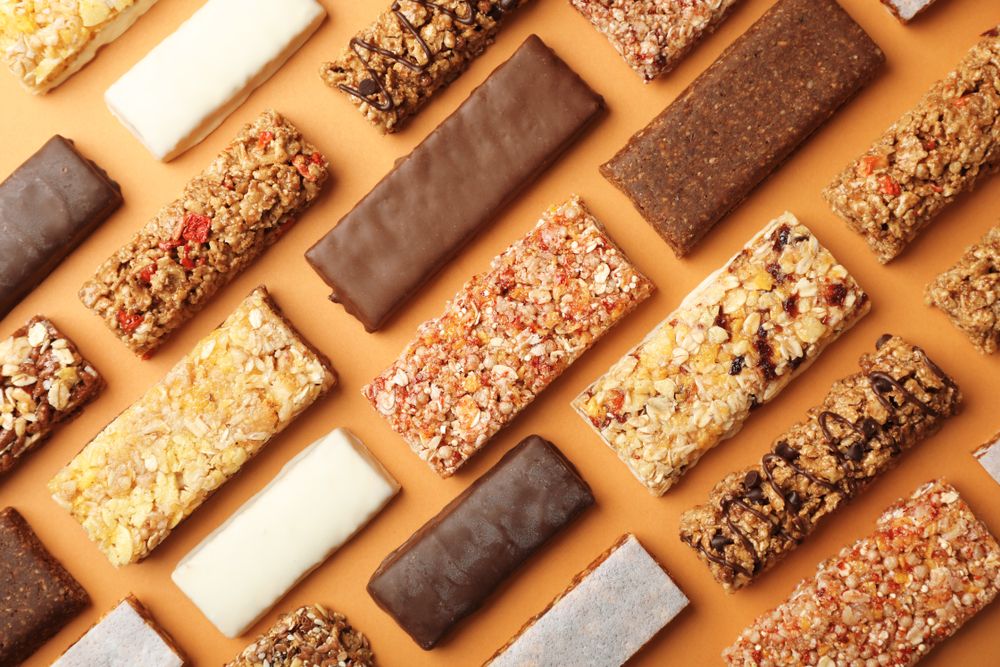
Protein bars may seem like a convenient snack, but they’re often loaded with artificial flavors, sweeteners, sugar alcohols, and gums that can disrupt digestion. Sugar alcohols like sorbitol are known to cause bloating, gas, and even diarrhea in some people, while non-nutritive sweeteners like sucralose may alter the balance of your gut microbiota.
To increase your protein intake more naturally, focus on whole, nutrient-dense options such as eggs, Greek yogurt, cottage cheese, edamame, roasted chickpeas, tofu, beans, and protein-rich grains like quinoa and farro. These foods provide protein and support overall gut health without the unwanted additives.
Non-Dairy Milk Alternatives
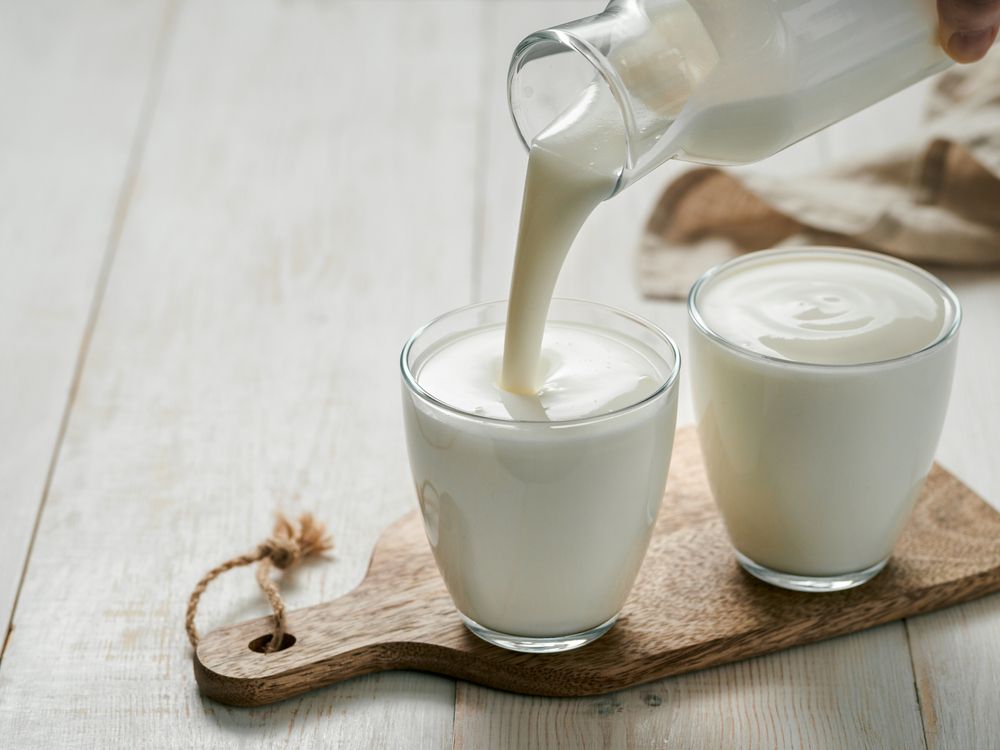
Plant-based milk is an excellent alternative for those sensitive to dairy, but some varieties contain emulsifiers like carrageenan, which test-tube studies have associated with gut irritation and inflammation.
To make a gut-friendly choice, opt for non-dairy milks with minimal, high-quality ingredients. For guidance, check out 8 Non-Dairy Milks Made With the Highest Quality Ingredients.
Over-Processed Plant-Based 'Meats'

Vegan meats may seem like a healthy choice, but many are highly processed and packed with preservatives, fillers, and excess sodium that can negatively impact your gut bacteria. Ultra-processed foods (UPFs) are made from refined ingredients like high-fructose corn syrup, hydrogenated oils, and isolated proteins. They often include additives such as artificial flavors, flavor enhancers, colors, emulsifiers, and thickeners to improve taste and texture. For example, Beyond Meat burgers contain a long list of ingredients, including refined oils, methylcellulose, potato starch, and salt.
Why is this a problem for gut health? Growing evidence links UPFs to a higher risk of gut diseases like inflammatory bowel disease (IBD), colorectal cancer, and irritable bowel syndrome (IBS). Additionally, animal and test-tube studies suggest that food additives like emulsifiers and sweeteners can alter gut microbiota, increase intestinal permeability, and trigger inflammation.
For a healthier alternative, skip processed plant-based meats and opt for homemade plant-based meals made with nutrient-rich ingredients like lentils, chickpeas, black beans, or tofu. These whole foods offer protein and fiber to support your gut without the unnecessary additives.
Flavored Instant Oatmeal Packets
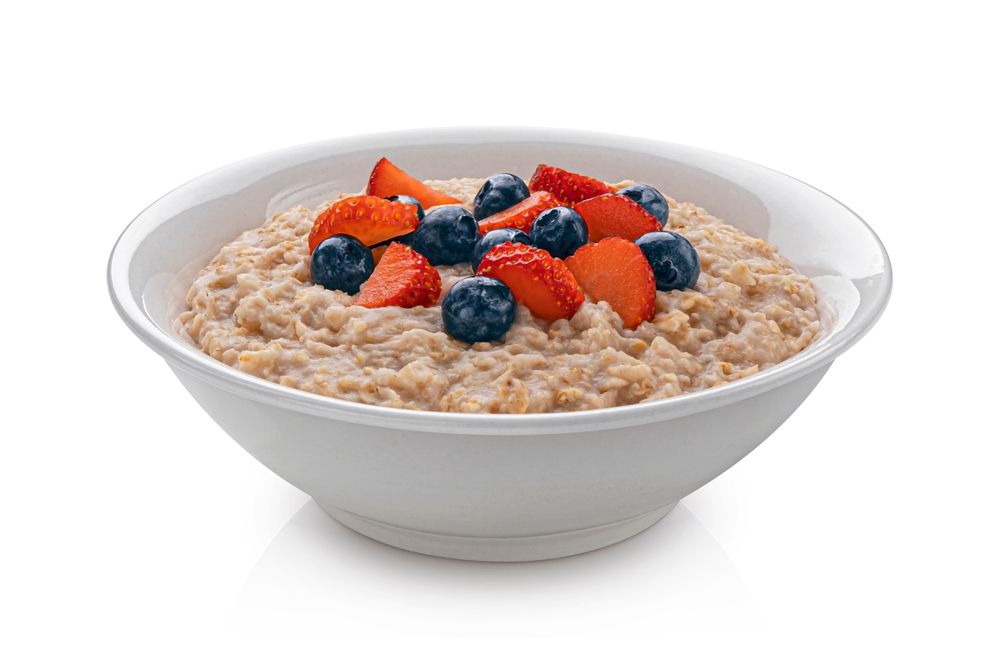
Instant oatmeal packets might appear to be a convenient, healthy breakfast option, but many are packed with added sugars and artificial ingredients that can negatively impact gut health. Additionally, the oats in instant oatmeal are more heavily processed than regular oats, which can cause blood sugar spikes.
For a healthier choice, opt for plain oats, like Bob’s Red Mill, and add natural flavors with cinnamon, fresh berries, and a light drizzle of honey or maple syrup. This simple swap provides a nourishing, gut-friendly start to your day without the unwanted additives.
Fruit Juice With Added Sugar
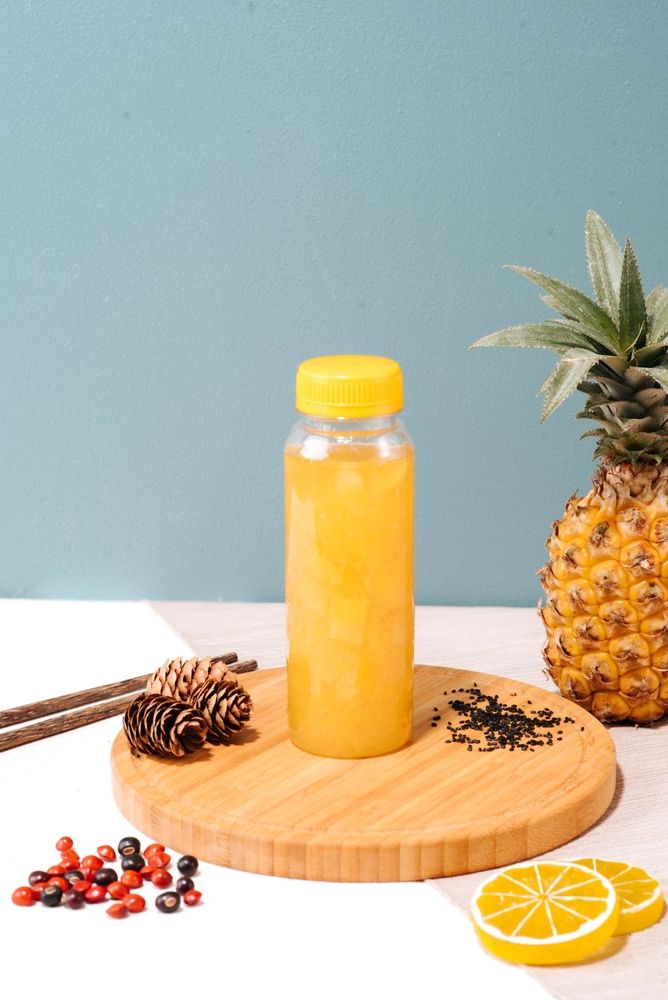
Juices may seem like a convenient way to boost your fruit and veggie intake, but many are loaded with added sugars that can harm gut health. Even 100% fruit juices without added sugar can be problematic, as they are often high in fructose—a natural sugar found in fruit. While small amounts of fructose are fine, consuming too much can overwhelm your body’s ability to absorb it, leading to gas, bloating, and diarrhea, especially for those with irritable bowel syndrome (IBS).
For a gut-friendly alternative, try blending homemade smoothies using whole fruits, leafy greens, and unsweetened yogurt. This way, you’ll retain the fiber and nutrients while avoiding excess sugar.
Final Thoughts
Supporting your gut health doesn't mean cutting out every food on this list – it's about making smarter choices and aiming for balance. Choose whole, minimally processed foods whenever possible, and take the time to read labels and ingredient lists to spot additives or hidden sugars.
You don't need to restrict these "healthy" foods completely, but you can keep your gut microbiota thriving by prioritizing a diet rich in whole, gut-friendly foods.

